EDITORIAL
Published on 24 Jan 2022
Editorial: Marine Biodiversity Observation Network (MBON)
doi 10.3389/fmars.2021.832328
- 1,135 views
20k
Total downloads
124k
Total views and downloads
EDITORIAL
Published on 24 Jan 2022
ORIGINAL RESEARCH
Published on 23 Sep 2021
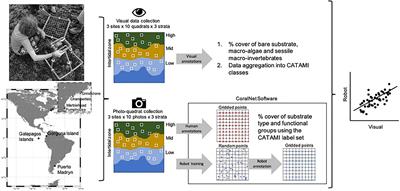
METHODS
Published on 29 Jul 2021
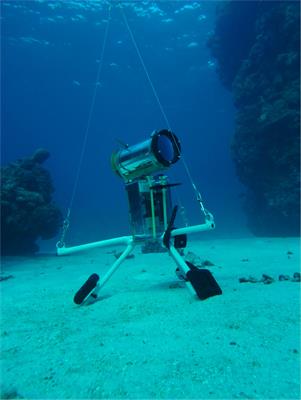
ORIGINAL RESEARCH
Published on 08 Jul 2021

ORIGINAL RESEARCH
Published on 13 Apr 2021
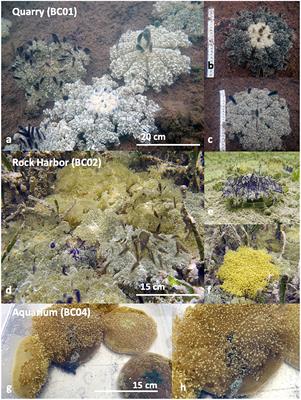
ORIGINAL RESEARCH
Published on 07 Apr 2021

ORIGINAL RESEARCH
Published on 26 Mar 2021
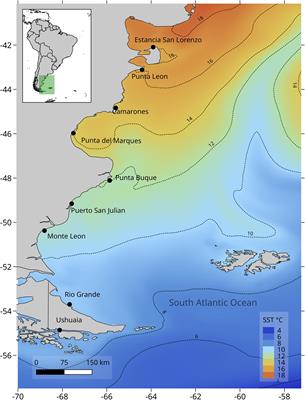
ORIGINAL RESEARCH
Published on 17 Mar 2021
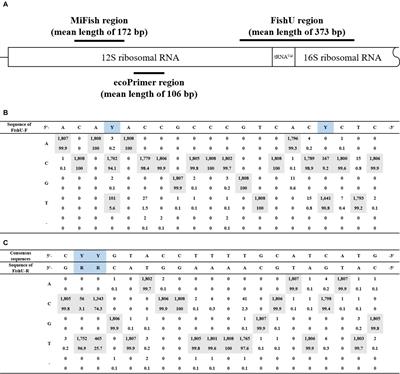
ORIGINAL RESEARCH
Published on 11 Mar 2021
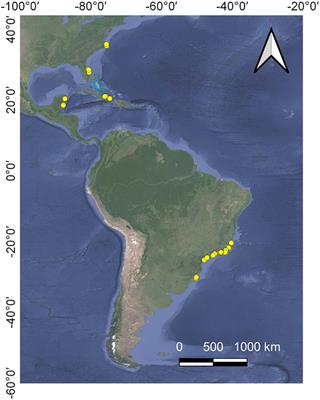
ORIGINAL RESEARCH
Published on 12 Feb 2021
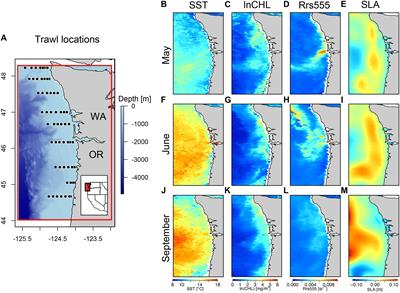
BRIEF RESEARCH REPORT
Published on 09 Feb 2021
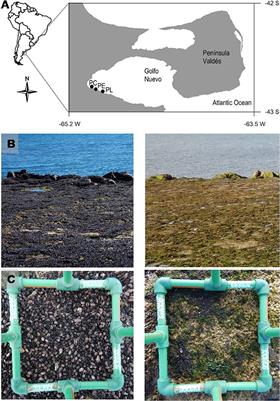
METHODS
Published on 11 Jan 2021
